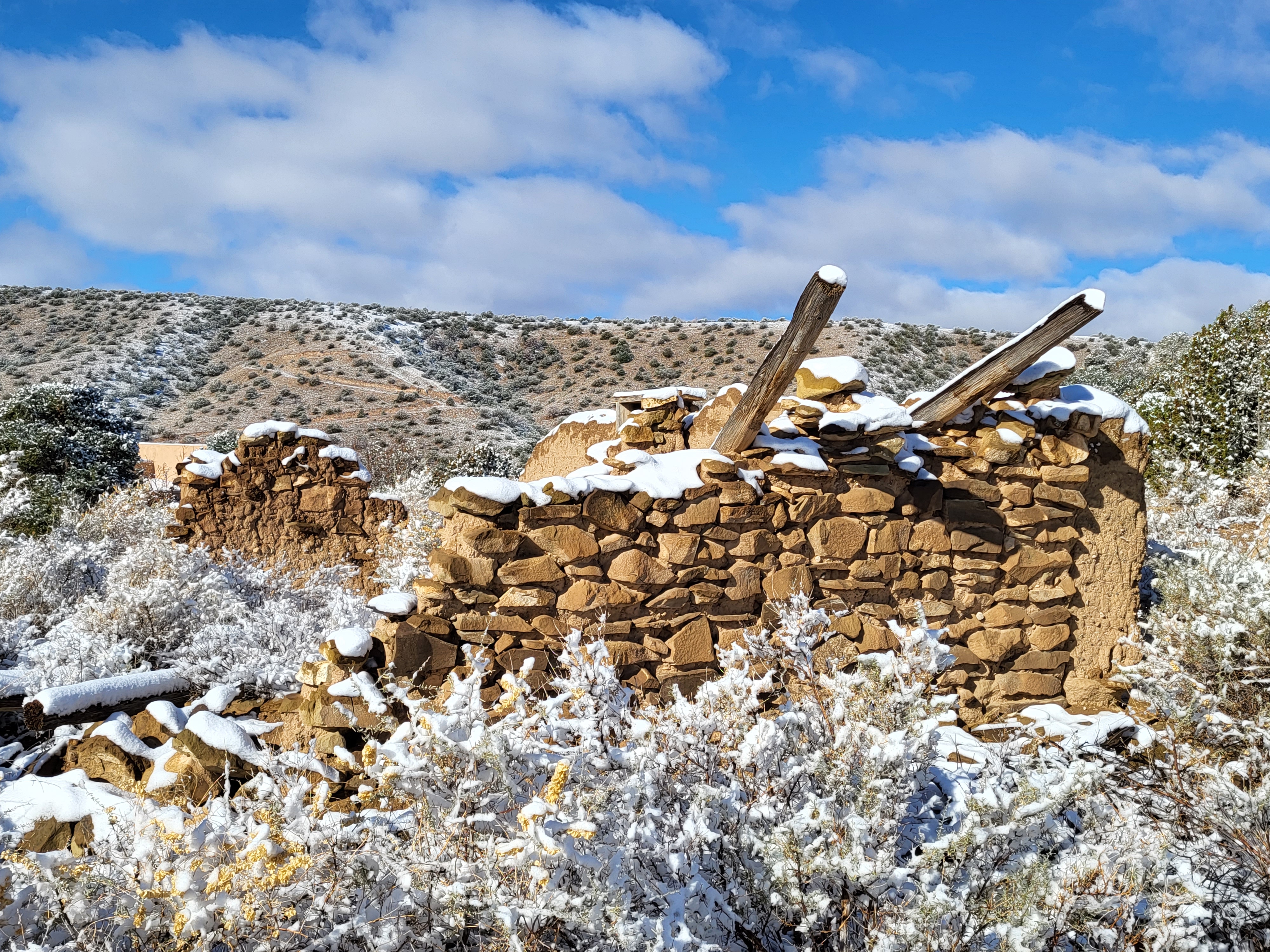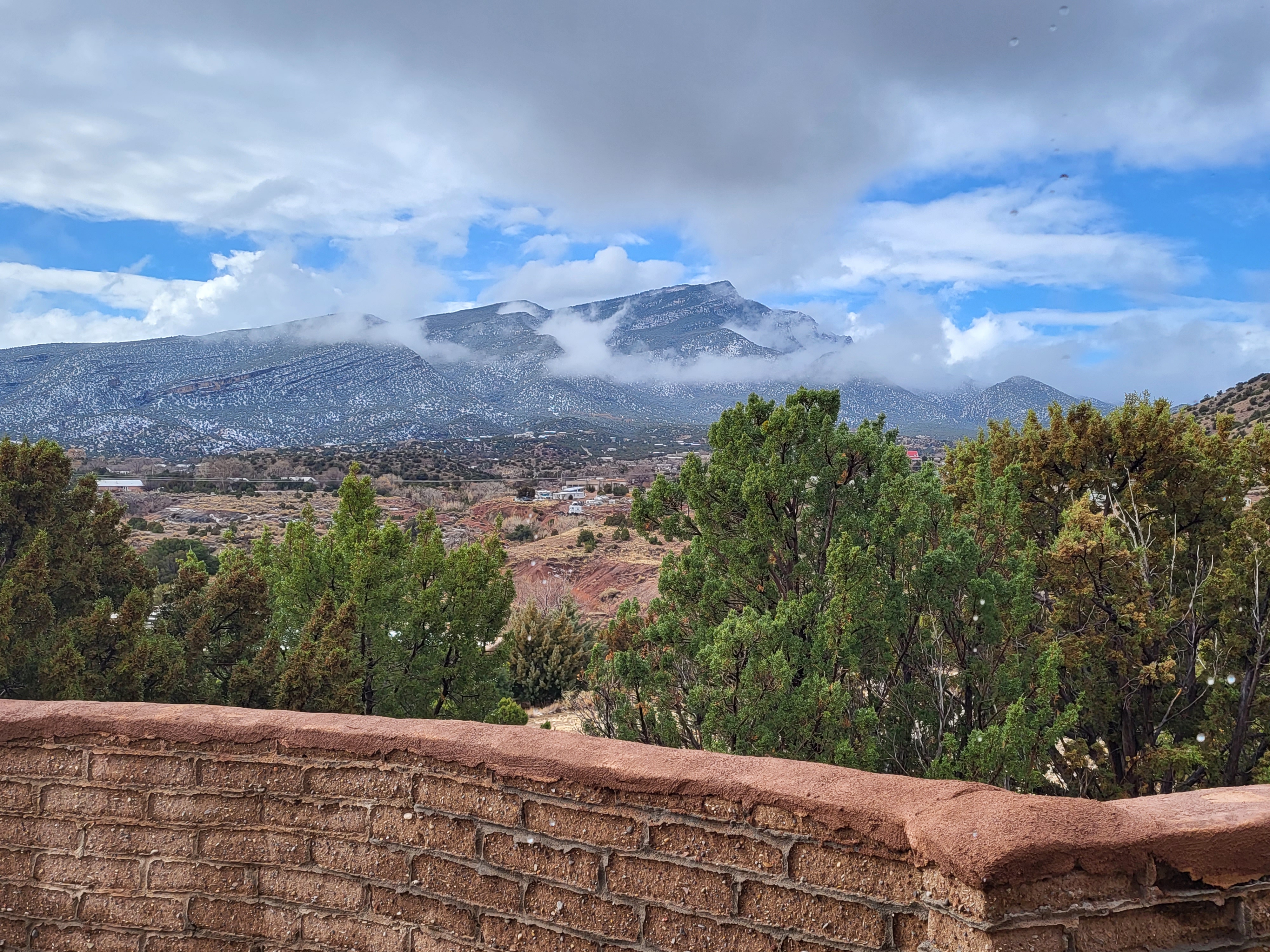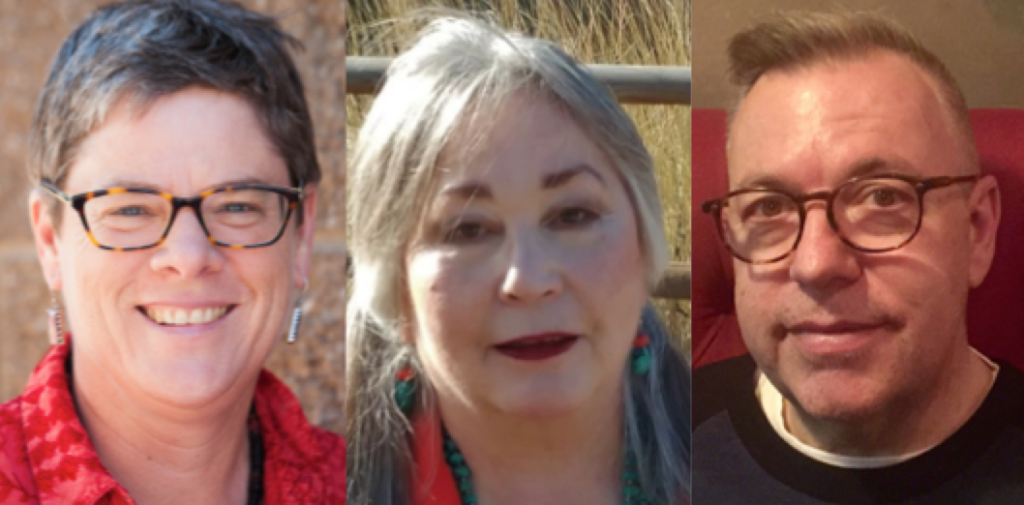When we have feelings, they always feel like they are ours. After all, it’s our muscles that tighten, our tears that flow, our breathing that changes. The feelings are ours.
However, we can think of ordinary situations where we can “catch” feelings that mostly aren’t ours. We feel fine going into a work meeting, but two people on our team are in conflict and by the end, we feel the anxiety in the room, even though it really isn’t ours. Or, we are invited by a friend to their family’s Thanksgiving meal, only to find that it’s an angry family, and as we drive home we feel frustrated or sad or angry or tired. We also know that we all participate in the grief and anguish that our larger society feels in a crisis, like the pandemic (even if our personal experience isn’t so bad).
Biologically, we are wired to share the feelings of the group we’re in. It’s a pretty good survival strategy, if some of your group know you are being chased by a lion and are showing fear, you don’t need proof of the lion to join in the fear and start running. But, it has it’s downsides, too, like at the work meeting or the Thanksgiving meal.
We belong to a wide variety of groups. Small groups like at work, vast groups like our nation. But we also participate in another group that exists across time, extending before we are born and after we die — our ancestral lineages. These larger family systems also have emotional qualities. If something terrible happened to our ancestors, even quite a long time ago, if it isn’t resolved in some way, we can share their fear, too. Or, if they did something terrible, we can experience their guilt.
This can be really confusing, because the events themselves are mostly in the past. We didn’t experience personally the terrible event, or the perpetration. And yet, if these events were never addressed, the feelings will long outlast them. Then, we are born into families that have an atmosphere of fear, guilt, anger or grief, even though we don’t know the source. And somehow, we have to make sense of this. We feel these things, and explain it through this event or that relationship — that’s why I am feeling this way, and they are MY feelings.
This is often where I come in, as a constellation facilitator. Many of my clients come to me with persistent feelings they’ve been trying to fix for years through a wide variety of personal interventions: therapy, medication, wellness practices, etc. And maybe those things have helped. But the core set of feelings — which we may call depression, or anxiety, or shame spiraling — persist.
If you struggle with these kinds of feelings, what might it mean if, mostly, they aren’t yours? What if it’s the enduring echo of an intense terror, rage or guilt that never got addressed long in the past? And now, you’ve been born into this family that bears these feelings, and somehow, you must work around them, without the personal experience that would help these emotions make sense. It can be deeply confusing.
In constellations, we work with these situations all the time. My clients have more fear, grief, shame or anger than their own life can fully make sense of (or, they’ve done a lot of work on their childhood experiences, and yet the feelings persist). Inevitably, we find that there is an ancestor or ancestors who had these feelings under the most extreme situation, and it’s time for us to stand, shoulder to shoulder, and respect that experience, so the client no longer needs to carry it. This is a better way to honor our ancestors, rather than trying to carry their experience for them.
Every 2-3 weeks, I hold group constellations online. The next one is this Friday (see details below), and it’s only $10 to experience this firsthand. In June, I am bringing two of the best constellation facilitators I know to the San Francisco Bay Area for four days of intensive constellation work. There, we will again, reveal this dynamic in families, and release participants from emotional meanings that don’t belong to them, and honor the ancestors and everything they experienced.
What is your experience of having feelings that perhaps aren’t yours? I invite you to share on my blog, below.



Leave a Reply